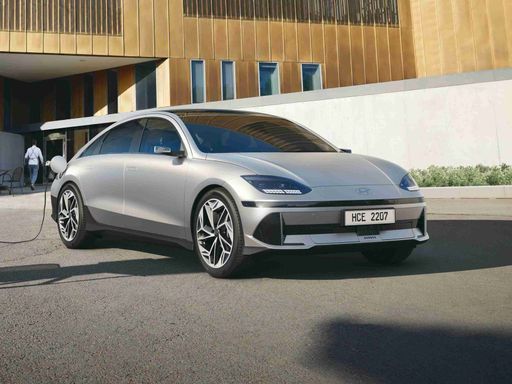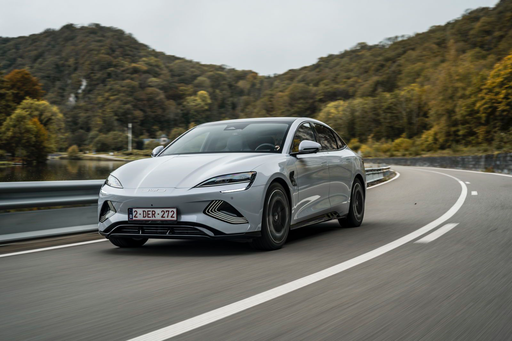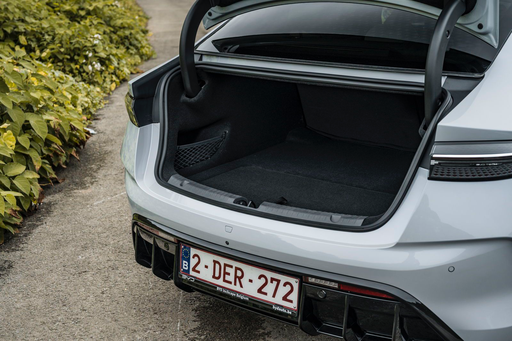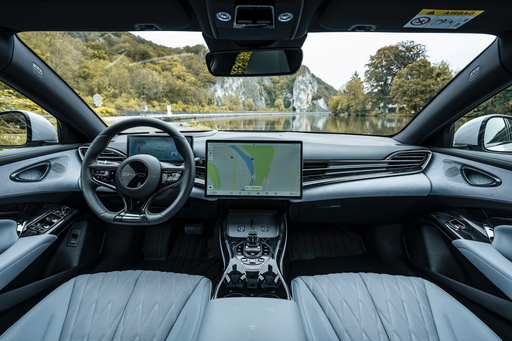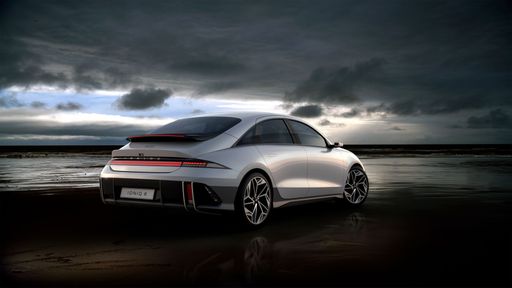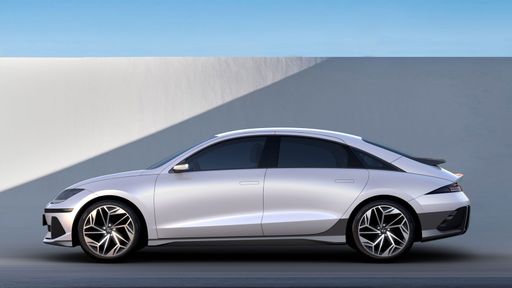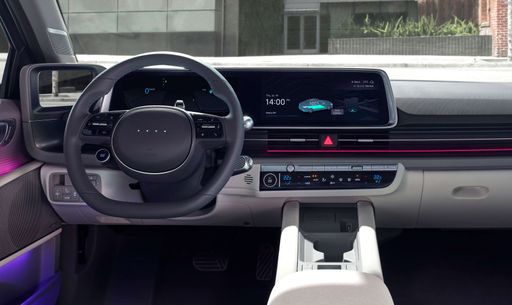Electric Elegance: BYD Seal vs Hyundai IONIQ 6
As the electric vehicle market continues to surge forward, two models standing out in the crowd are the BYD Seal and the Hyundai IONIQ 6. Each brings its blend of technology, design, and performance to the forefront, offering consumers a tough choice between two distinguished worlds of electric prowess. Let's dive into a detailed comparison of these two innovative vehicles.





